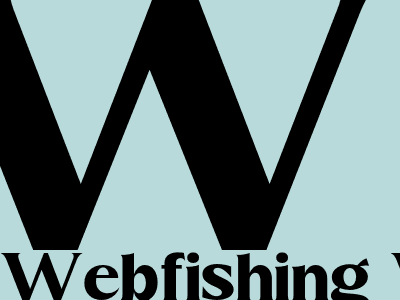Webfishing Wiki: The Ultimate Guide to Web Scraping
What is Web Scraping?
Web scraping is the automated process of extracting data from websites. It involves sending a program or bot to fetch and parse the HTML or XML code of a webpage, allowing you to access and manipulate the data it contains.
Why is Web Scraping Useful?
- Data Acquisition: Extract structured data from web pages for analysis, research, and business intelligence.
- Market Research: Monitor competitors, track product availability, and conduct price comparisons.
- Content Aggregation: Gather news articles, social media posts, or product reviews from multiple sources.
- Lead Generation: Harvest email addresses, phone numbers, and other contact information from websites.
- Price Monitoring: Track price changes for products or services across different websites.
How Web Scraping Works
Web scraping involves several steps:
1. HTTP Request
A program sends an HTTP request to the target webpage, specifying the URL and the desired data format.
2. HTML/XML Parsing
The program parses the returned HTML or XML code to extract the relevant data.
3. Data Extraction
The program identifies and extracts the desired data elements from the parsed HTML/XML structure.
4. Data Storage
The extracted data is stored in a specified format, such as a database, CSV file, or JSON object.
Web Scraping Tools and Techniques
- Libraries and Frameworks: Python's BeautifulSoup, scrapy, and lxml provide comprehensive web scraping capabilities.
- Browser-Based Tools: Web scraping extensions for Chrome or Firefox allow for manual data extraction and testing.
- Web Services: Cloud-based web scraping services offer automated and scalable data extraction solutions.
- Captchas and Anti-Scraping Measures: Websites employ techniques to prevent scraping, such as captchas and IP blocking. Scraping tools must adapt to these obstacles.
Legal and Ethical Considerations
Web scraping raises ethical and legal considerations:
1. Copyright Infringement
Scraping copyrighted content without permission can violate copyright laws.
2. Terms of Service
Websites may have terms of service that prohibit scraping, so it's crucial to respect these restrictions.
3. Data Privacy
Scraping personal or sensitive data without consent raises privacy concerns. Consider anonymizing or pseudonymizing extracted data.

Comments